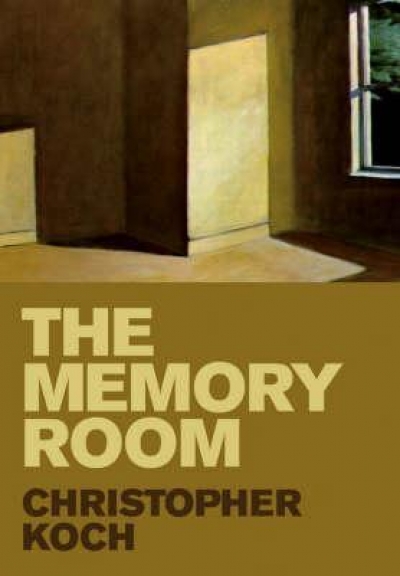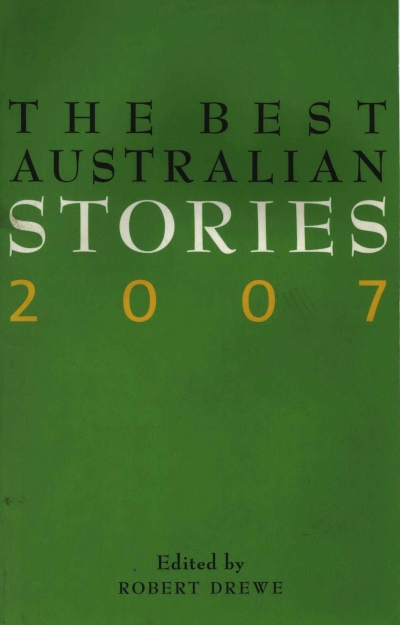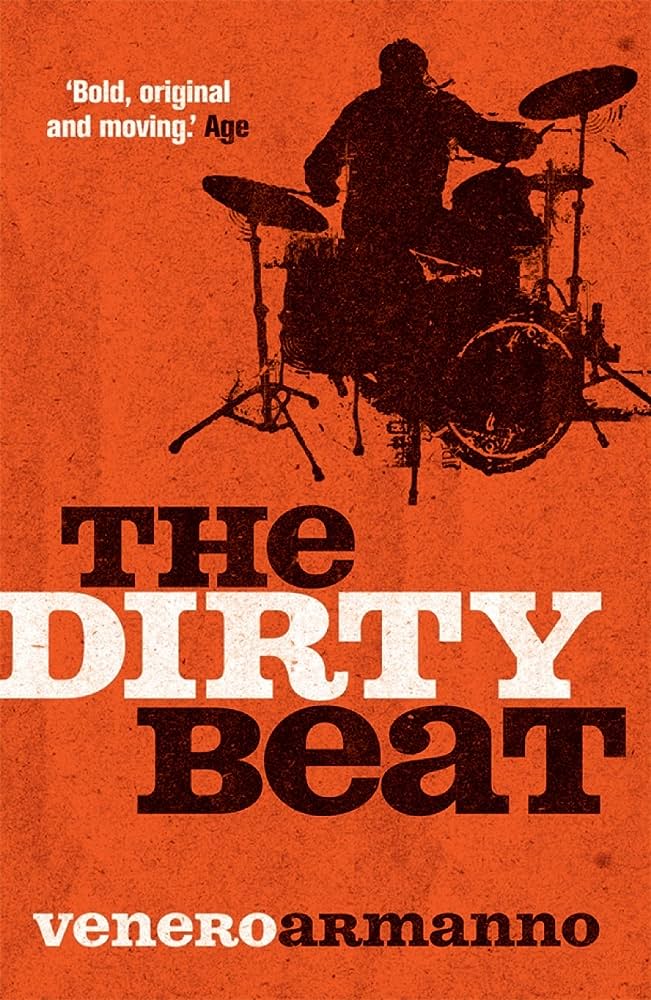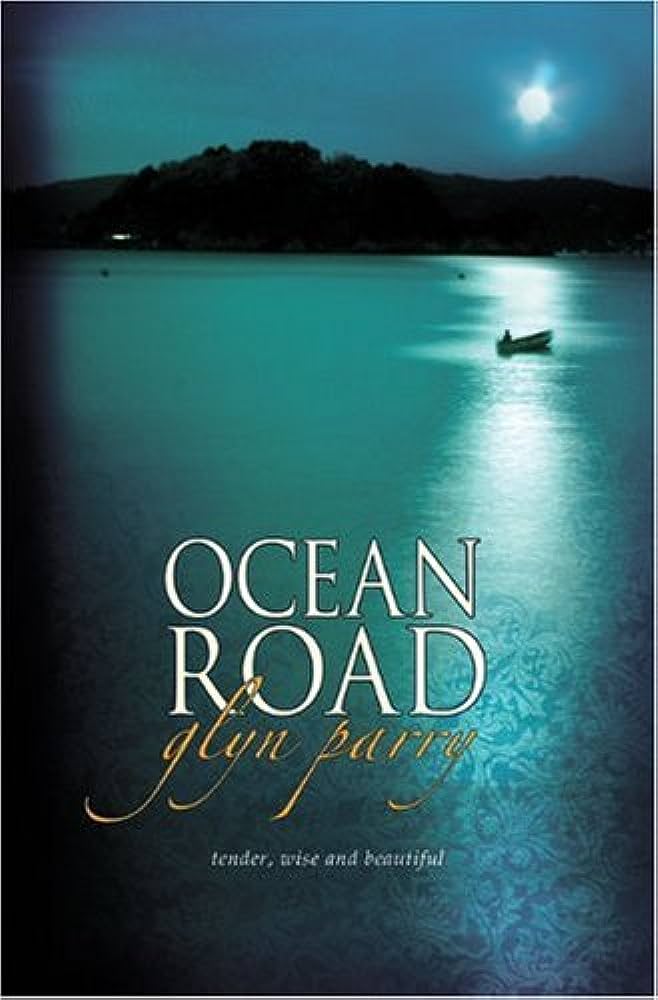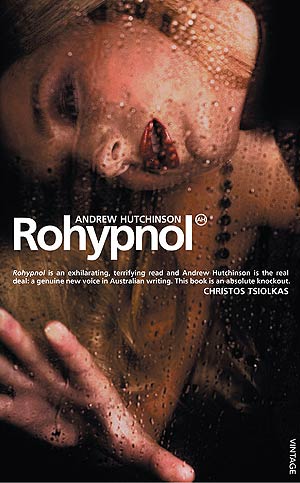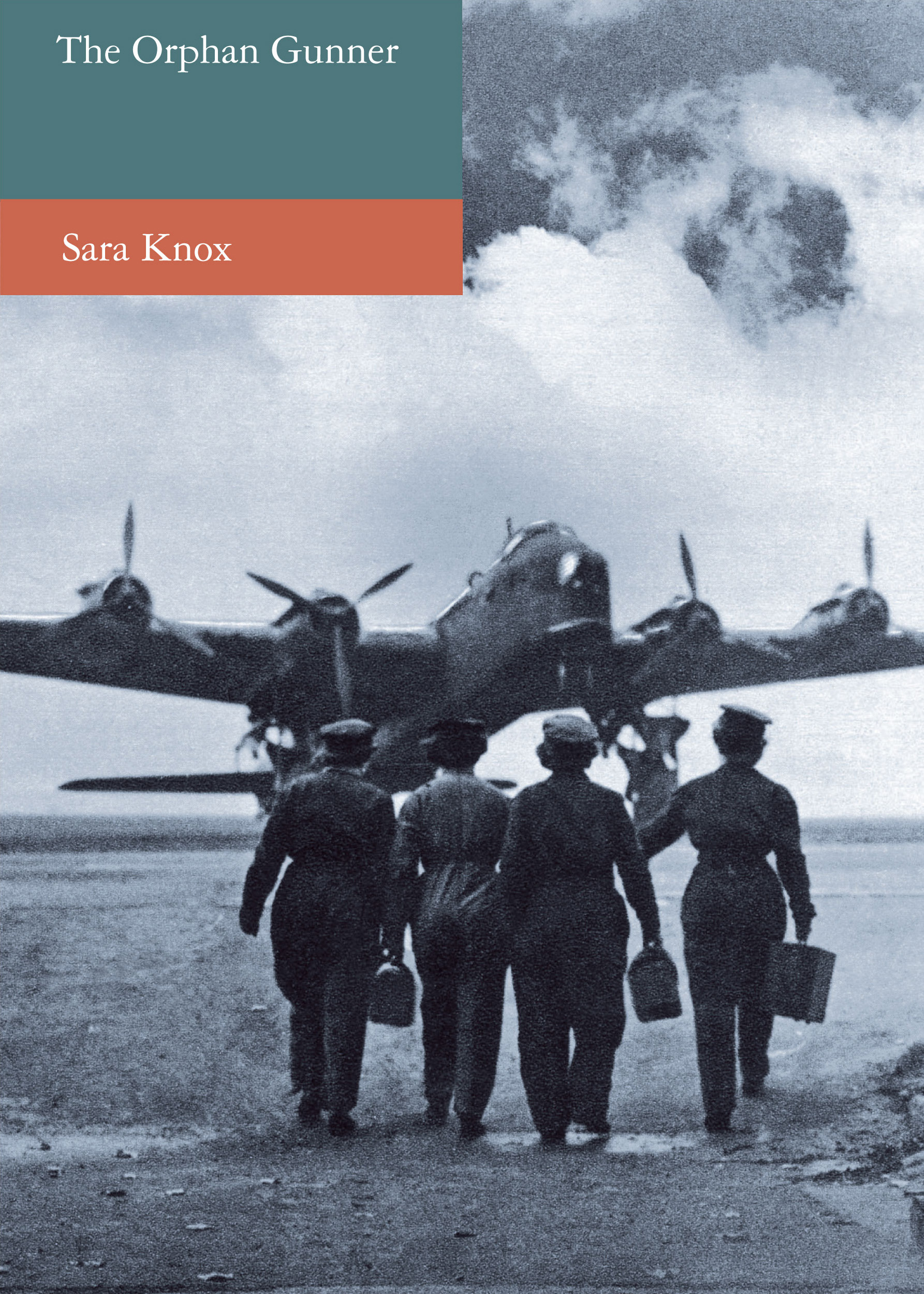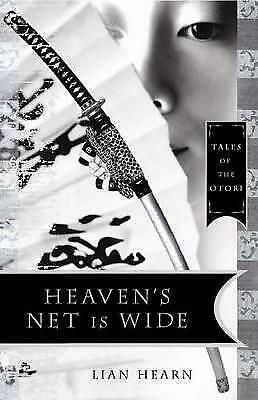Fiction
Consider the plight of the established novelist. The readership (that’s us) comes to recognise a particular style, a particular set of themes, and presumably that is one of the reasons to go on buying the writer’s books. Should the next book always be in the same mould – in which case we might become a tad bored – or should there be something quite out of character, causing us to gasp with disbelief? After all, it is usually disastrous when a diva starts singing popular songs. Christopher Koch’s new book sets up these kinds of tension. Something new about what is remembered?
... (read more)The Best Australian Stories 2007 edited by Robert Drewe
What can we make of the fact that, of the forty-seven stories selected by Robert Drewe for this year’s The Best Australian Stories collection, thirty-three are written in the first person? The influence of Creative Writing classes has to figure in any stab at an answer. It would be interesting to do the rounds of the universities to discover whether the teachers of such courses actively encourage the use of ‘I’, or if it happens obliquely, resulting from the way that writing exercises are structured. One wonders, too, if that old saw, ‘write what you know’, is discussed in the first week of these courses, and if such a practice contributes to the writer’s feeling more comfortable and secure when deploying the first person.
... (read more)The Devil and Maria d'Avalos by Victoria Hammond
In this novel, Victoria Hammond, an art historian, describes the architecture, painting and music of Naples in the early modern period, and, more generally, excels at what anthropologist Clifford Geertz calls ‘thick description’. The context of The Devil and Maria d’Avalos is late sixteenth-century Naples, and the narrative brims with historical specificities. The author’s preface informs us that her novel is based upon a true story: the brutal double murder of Maria d’Avalos and her lover Fabrizio Carafa, the duke of Andria, an honour killing perpetrated by Maria’s husband, Carlo Gesualdo, the prince of Venosa.
... (read more)Rock’n’roll romanticism can stand in for many things: the sense of lost authenticity, lost freedom, lost youth, the good old days before music was composed by machines and performed by underwear models and all the pubs were turned into gambling venues. The passion, the music, the soul: Venero Armanno’s new novel is about all that, though one of its main faults is that it is always telling you what it is about rather than making you feel it. It is not primarily self-congratulatory – Armanno makes fun of rock wannabes always on the verge of failure – but that note is never far off, and the book still seems to be trying to write its own blurb.
... (read more)Ocean Road ruminates on the abrupt demise of a marriage. Narrated by the only child of the union, the account is detailed and poignant. Toby, now a young adult, attempts to settle his parents’ competing claims to his allegiance, and finds himself drawn into the world of their past. Striving to represent his parents impartially, he realises that much of their story is also his. The few years since the collapse of the marriage have brought Toby independence as well as the chance, if not the need, to revisit the events that propelled him into adulthood.
... (read more)Andrew Hutchinson’s Rohypnol, which won the 2006 Victorian Premier’s Literary Award for Best Unpublished Manuscript, follows a self-professed adolescent ‘monster’ as he dabbles in drugs, crime and violence while peddling ‘The New Punk’ philosophy. The pharmaceutical drug of the title is used by the narrator and his ‘rape squad’ to sedate and assault women.
... (read more)This marvellous first novel may be historical fiction, but its themes and concerns are by no means limited to the past. Sara Knox interweaves questions of gender and identity, sexuality, class and the overarching issue of morality in times of war.
... (read more)Heaven’s Net is Wide by Lian Hearn & Blue Dragon by Kylie Chan
There has been talk recently about the loss of regionalism in Australian literature and culture, and about the decline of Australian literature generally, but these two novels suggest that not only is Australian fiction flourishing but it is finding new ways to engage with the cultures of the region. They represent innovative interactions between Australia and Asia, for a popular audience.
Pam Macintyre
Top of my list is Sonya Hartnett’s bitter-sweet story of love and loss, The Ghost’s Child (Viking), for its emotional punch, mixture of realism, fairytale and magic realism, and exquisite prose. Also written with emotional clout is Bill Condon’s witty and frank Daredevils (UQP). Joel and Cat Set the Story Straight (Penguin), by Nick Earls and Rebecca Sparrow, gives sheer pleasure in a double-double writing act: Earls writes the wannabe Matthew Reilly contributions to a joint school writing task, while Sparrow has Cat channelling Jane Austen. The consequences of the uneasy school and personal relationships between the two, their increasingly intertwined lives, and the story they create are hilarious.
... (read more)Antipodes, vol. 21, no. 1, 2007 edited by Nicholas Birns & Southerly, vol. 67, no. 1-2, 2007 edited by David Brooks and Noel Rowe
This volume of Southerly, combining the first two issues for 2007, is a celebration of Elizabeth Webby’s contribution to Australian literature. Noel Rowe and Bernadette Brennan, the editors principally responsible for this issue, describe it as ‘a tribute to a brilliant career’. There are contributions from academic colleagues, generations of poets and writers of short fiction, and a number of ex-students, many of whom ‘have gone on to distinguished academic careers’.
... (read more)

